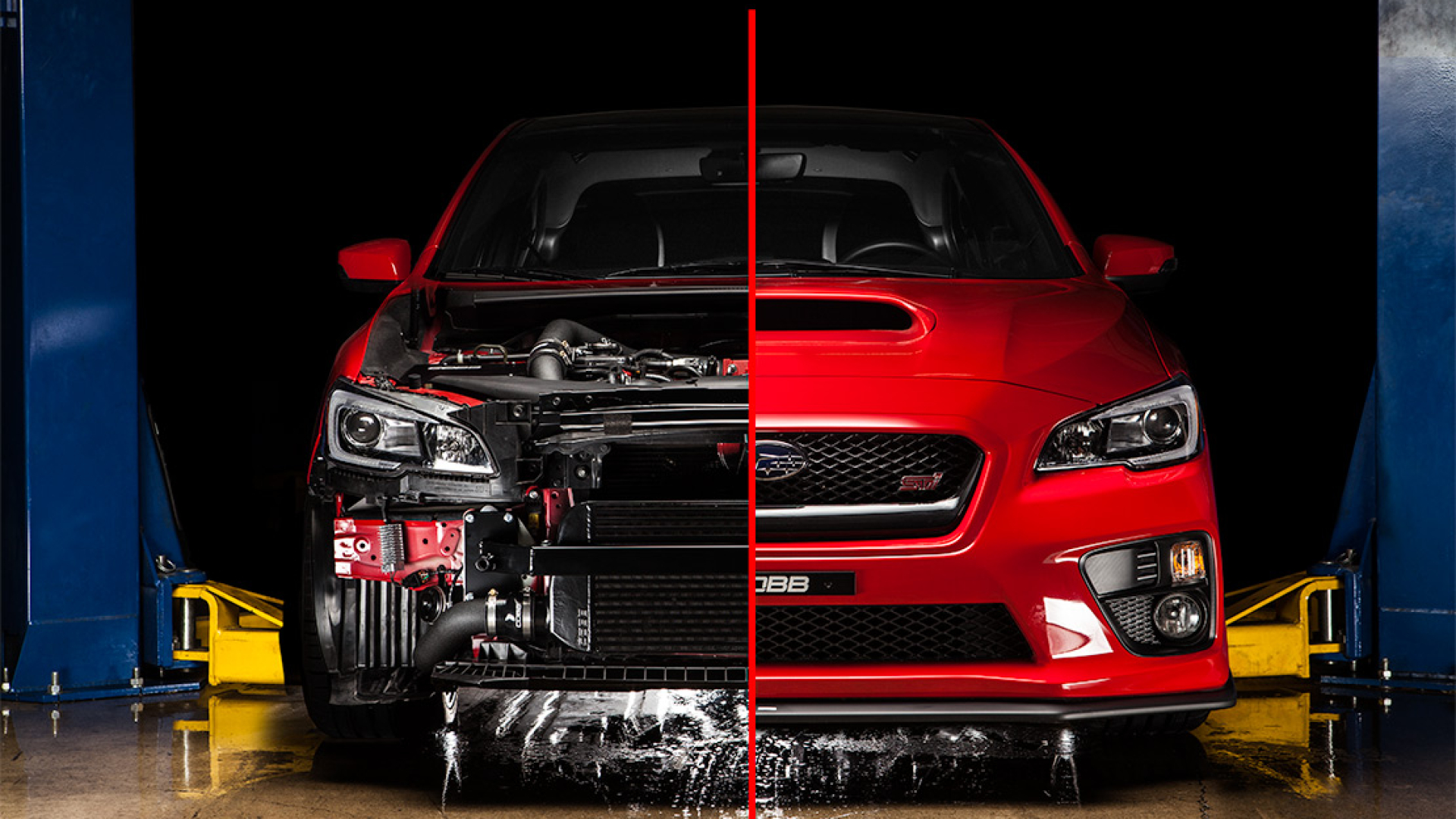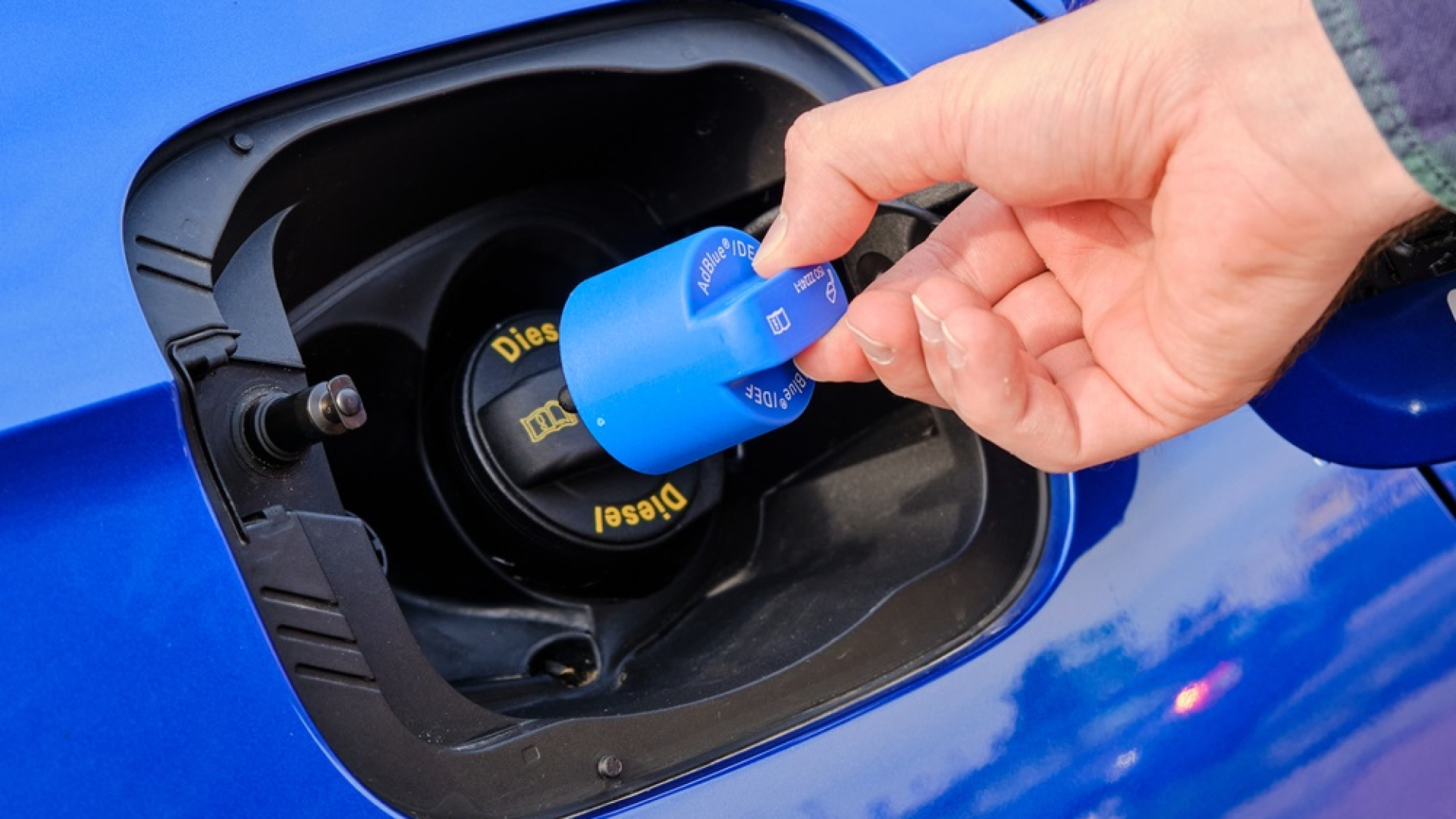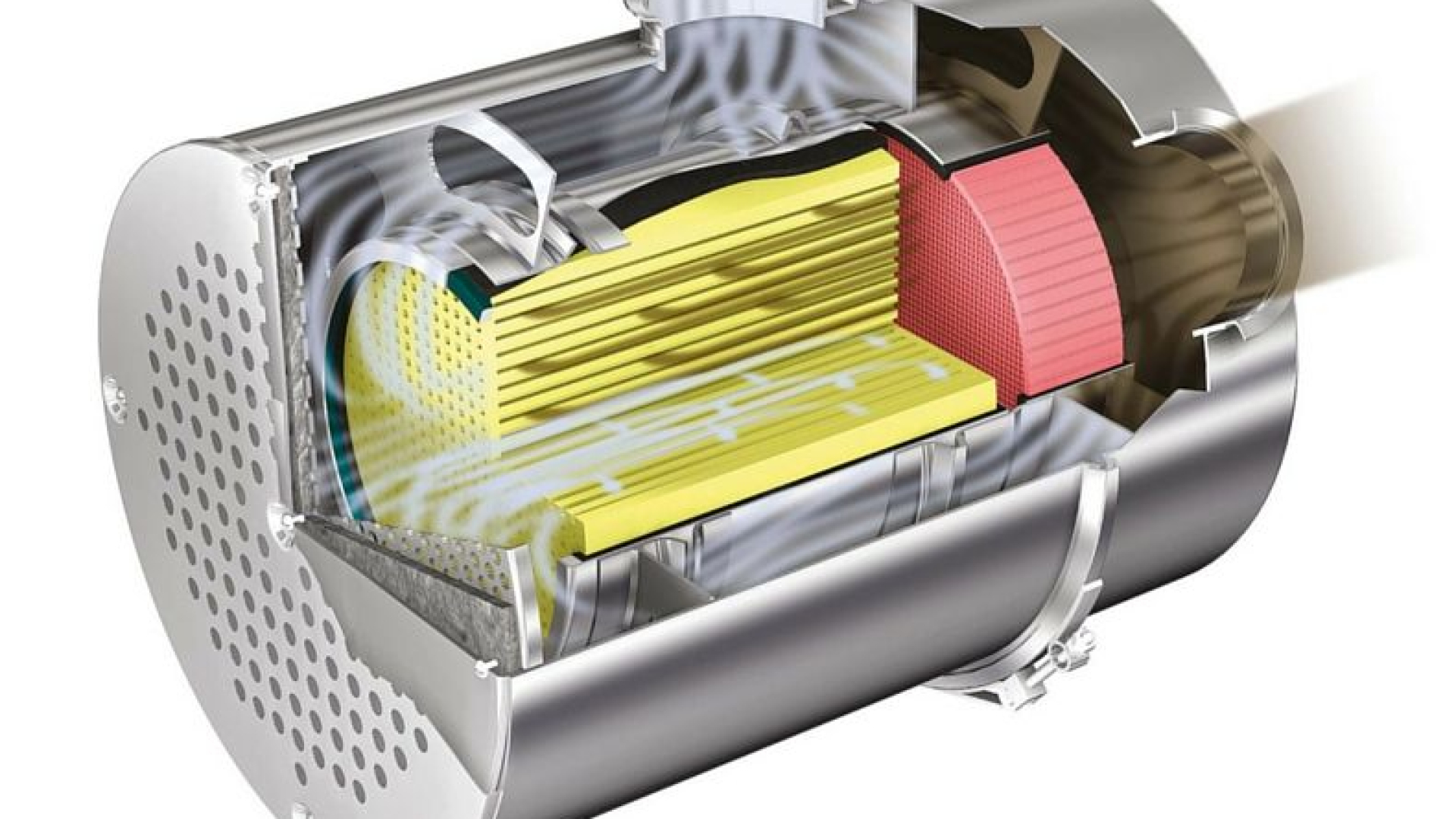An intercooler is a key component in turbocharged and supercharged engines, designed to cool the air compressed by the turbo or supercharger before it enters the engine. Cooling this air improves engine efficiency and performance by increasing the air density and reducing the likelihood of knocking or detonation. In this article, we'll delve into the details of what an intercooler does, how it works, and why it's essential for modern high-performance engines.
How Does an Intercooler Work?
The primary function of an intercooler is to reduce the temperature of compressed air before it enters the combustion chamber. When air is compressed by a turbocharger or supercharger, its temperature rises significantly. This hot air is less dense, meaning it contains less oxygen, which reduces combustion efficiency. The intercooler cools down this compressed air, increasing its density, and allowing the engine to burn more fuel efficiently and produce more power.
There are two main types of intercoolers:
1- Air-to-Air Intercooler: This type uses the surrounding air to cool the compressed air. The air passes through the intercooler's fins and tubes, where it is cooled by the ambient air moving over the intercooler.
2- Air-to-Water Intercooler: In this system, the compressed air is cooled by water circulating through the intercooler. This type of intercooler is more efficient than air-to-air models, especially in high-performance applications, but is also more complex and expensive.
Benefits of Using an Intercooler
- Increased Engine Power: By cooling the compressed air, an intercooler allows the engine to take in more air, which improves combustion and results in more power output.
- Improved Fuel Efficiency: With cooler, denser air, the engine can burn fuel more efficiently, leading to better fuel economy.
- Reduced Engine Wear: Lowering the intake air temperature helps prevent knocking or detonation, which can damage the engine over time. This contributes to the overall longevity of the engine.
- Enhanced Turbo Efficiency: The intercooler improves the efficiency of the turbocharger by ensuring that the compressed air entering the engine is as cool and dense as possible.
Applications of Intercoolers
Intercoolers are primarily used in turbocharged and supercharged engines, common in performance vehicles and diesel engines. However, their use has expanded to various vehicle types, including everyday passenger cars, thanks to the rising demand for fuel efficiency and lower emissions.
Why Is an Intercooler Important for Turbocharged Engines?
Turbochargers are becoming increasingly popular in modern vehicles as they offer a way to boost power without increasing engine size. However, the compressed air generated by the turbocharger needs to be cooled before it enters the engine. Without an intercooler, this hot, compressed air could lead to reduced performance and increased engine wear. Thus, an intercooler is essential for maintaining the optimal performance and longevity of turbocharged engines.
Conclusion
An intercooler plays a vital role in optimizing the performance of turbocharged and supercharged engines. By cooling the compressed air before it enters the combustion chamber, it improves power output, fuel efficiency, and engine longevity. Whether you're looking to enhance your vehicle's performance or maintain its efficiency, an intercooler is an indispensable component.







Comments powered by CComment